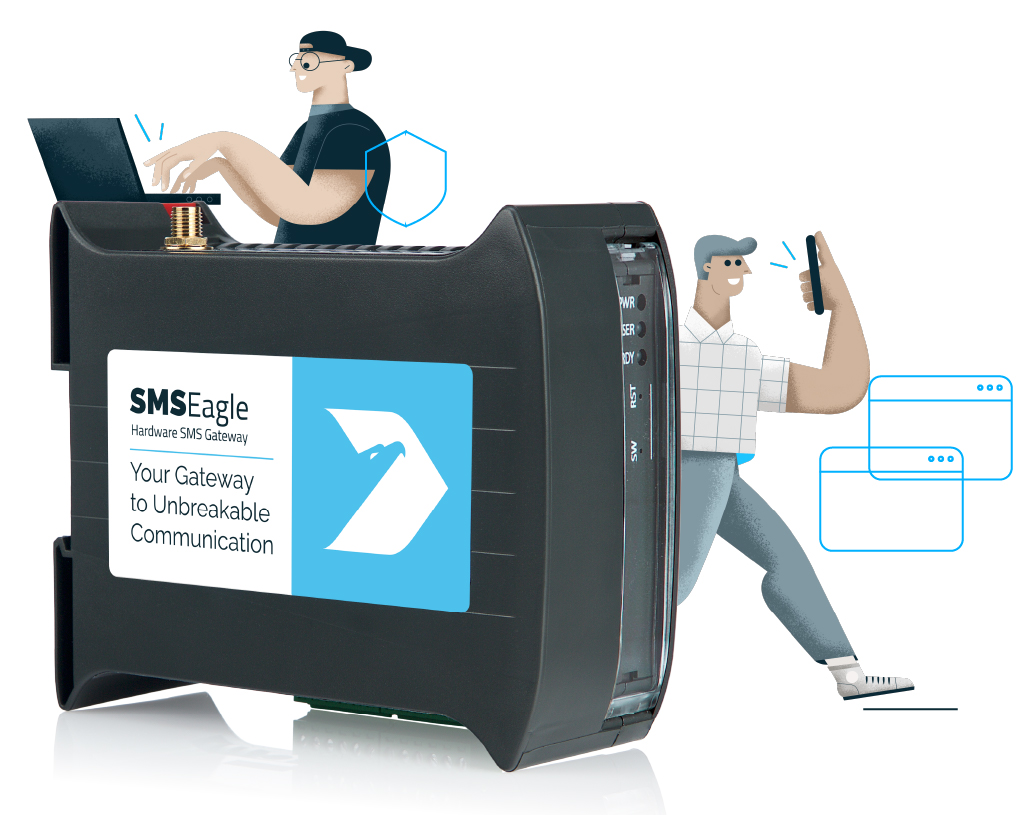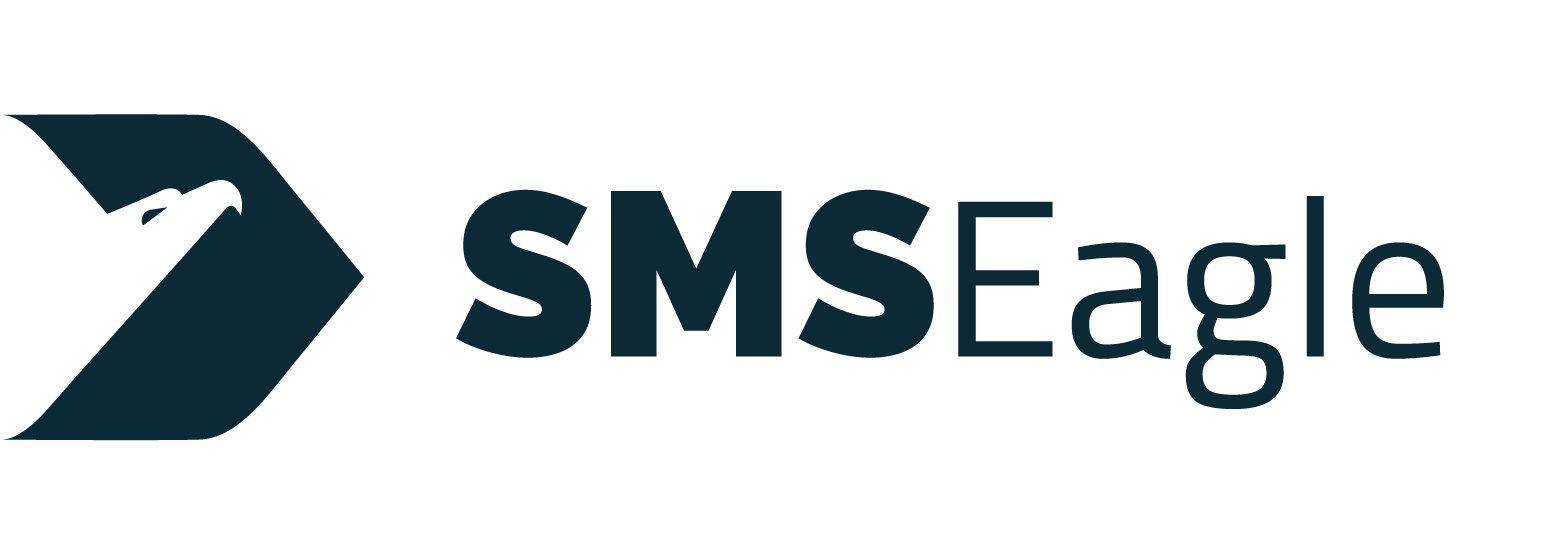- Products
- Features
- Integration & Accessibility
- Employee Communication
- Customer Communication
- Email to SMS
- Web-GUI
- Periodic SMS
- Email to SMS Poller
- Shift Management
- Subscriptions
- Calls (Voice feature)
- Escalation
- Autoreply
- LDAP
- SMS to Email
- Outlook SMS feature
- Callback URL
- SMS Forward
- MMS Support
- Signal
- SMPP
- Monitoring & Management
- Security & Compliance
- Network monitoring
- MFA
- Digital Inputs/Outputs
- Blacklist
- Failover (HA-cluster)
- Modem Failover
- Temp sensors
- MQTT
- Use Cases
- Resources
- Support
- Buy
- Blog
- About us
HOME / CASE STUDIES / AVADAR Project Case Study

Eradicating Polio in Africa: How SMS-Based Project Helped Nigeria & 10 Other African Countries
On 24 August 2020, the World Health Organisation (WHO) officially declared Africa and Nigeria polio-free. Typically spread from one person to another through contaminated water, polio attacks the nervous system and quickly leads to paralysis. Established in 1988, The Global Polio Eradication Initiative has eradicated 99% of the wild poliovirus (WPV) worldwide, with no outbreaks detected in Africa since 2016.
AVADAR Project
- Project: Avadar (Advanced Volunteer for Disease Surveillance and Data Analysis).
- Purpose: Enhances disease surveillance and response in Africa.
- Collaboration: Joint effort between WHO and participating countries.
- Technology: Utilizes a mobile app for real-time data collection and reporting.
- Scope: Targets diseases like polio, Ebola, and Lassa fever.
- Coverage: Nigeria, Burkina Faso, Cameroon, Central African Republic, Chad, the Democratic Republic of Congo, Liberia, Mali, Niger, Sierra Leone, and South Sudan.
- Impact: Improves detection and response times for disease outbreaks.
However, WHO emphasized the need for continued vigilance to protect the progress made and ensure polio does not return. This necessitates the continuation of two essential programs contributing to the global strategy for eradicating polio:
- Supplementary Immunization Activities (SIAs): Conducted during scheduled immunization days in all communities, health workers visit homes and vaccinate all eligible children under five years of age.
- Poliovirus Surveillance: Health workers search out and promptly report any children under 15 years of age experiencing Acute Flaccid Paralysis (AFP) to confirm or rule out polio.
As simple as it may sound, there are significant challenges to realizing ongoing poliovirus surveillance in Nigeria.
The Challenge: Ensuring the regular collection and submission of accurate
Successfully eradicating polio demands new approaches for early detection and reporting of AFP. Defined as the sudden onset of muscle weakness or paralysis, AFP is a symptom of various illnesses. However, it is the only way to detect the poliovirus early enough to take prompt action.
To be effective, an AFP surveillance network needs to detect all AFP cases—irrespective of cause—and promptly report them to the relevant health authority. However, community health workers and community informants in Nigeria are often unable to recognize AFP symptoms accurately. Also, significant delays in collecting and transmitting data from remote and security-compromised settlements to local, state, and national health authorities impede the investigation of suspected AFPs by Disease Surveillance Officers (DSO). Inadequate or incomplete reporting also affects the sensitivity of the surveillance network.
Explore SMSEagle demo device for free
Try out over 20 functionalities during free 14-day trial. Get access to our remote device and
discover SMSEagle to leverage your communication.
Enabling rapid identification and reporting of AFP symptoms
To address these challenges, in 2016, the World Health Organization (WHO) collaborated with the Bill & Melinda Gates Foundation and a Swiss technology partner, Novel-T, to develop the Audio-Visual AFP Detection and Reporting (AVADAR) platform to increase the sensitivity of AFP national surveillance systems. The SMS-based AVADAR mobile application uses the SMSEagle SMS Hardware Gateway MHD-8100-3G for the telecommunications infrastructure, enabling the timely detection and reporting of AFP cases by remote health workers to communicate with the investigations team. Since the solution is SMS-based, it can be deployed in areas where only a basic 2G cellular network is available, eliminating the need for internet connectivity.
Each week, the AVADAR mobile application reminds health workers and community informants to report children suspected of AFP, automatically playing an embedded educational video illustrating the symptoms. When an informant suspects a new AFP case, he uses the same mobile application to collect necessary information on the children such as name and age, the date symptoms first appeared, the geographic location, and the phone number of the parent. The mobile app then automatically sends this information by SMS via the web API when connectivity allows.
The system pushes this information to the AVADAR server via the internet. The server uses the case’s location to determine which surveillance officer needs to be notified of the new case, and automatically sends an SMS alert with the case details for immediate follow-up and diagnostics. The AVADAR server dashboard displays all cases and their status on a map, and also computes indicators allowing program managers and other stakeholders to make informed decisions in near real-time.
Accelerating response and diagnosis with fast, automated SMS capabilities
First piloted in December 2016, over 6,000 health workers have used the AVADAR system – including community informants, surveillance officers, and health personnel across 11 states in Nigeria—ensuring more active and sensitive AFP surveillance. It’s also been rolled out in an additional 10 African countries with a high risk of polio reemergence, including Burkina Faso, Cameroon, Central African Republic, Chad, the Democratic Republic of Congo, Liberia, Mali, Niger, Sierra Leone, and South Sudan.
By October 2019, health workers and community volunteers had used AVADAR to send 25,747 SMS alerts, detecting 1,019 confirmed AFP cases and proving the platform’s success as a surveillance system for remote and high-risk areas. Fortunately, none of those cases were diagnosed as polio, leading to Africa and Nigeria being officially declared polio-free.
In addition to fast-tracking polio eradication in Africa, AVADAR has enabled countless health workers and communities to bridge the knowledge gap and become more sensitive to AFP symptoms and their seriousness. It’s also helped to ensure the accountability of responsible departments and teams. In 2021, AVADAR will be enhanced to allow the reporting of other diseases such as measles or yellow fever.
Explore our demo device
SMSEagle is a hardware & software solution that guarantees a swift delivery of your messages to designated recipients, whether it’s for notifications, alerts, or important updates. Discover SMSEagle to stay seamlessly connected.
- Get access to our remote device
- 14-days free trial
- Access to over 20 functionalities


Company data
SMSEagle™ brand is owned & manufactured by
Proximus Sp. z o.o.
ul. Piatkowska 163
60-650 Poznan
Poland, EU
Phone: +48 61 6713 413
Contact us
SMSEagle is a professional hardware SMS gateway for sending and receiving SMS messages. The device is designed with focus on reliability and stability. SMS messages are sent/received directly to/from cellular network without using any external 3rd party solutions. The device has a range of built-in plugins that enable additional functionalities and easy to use API for integration with external applications.
